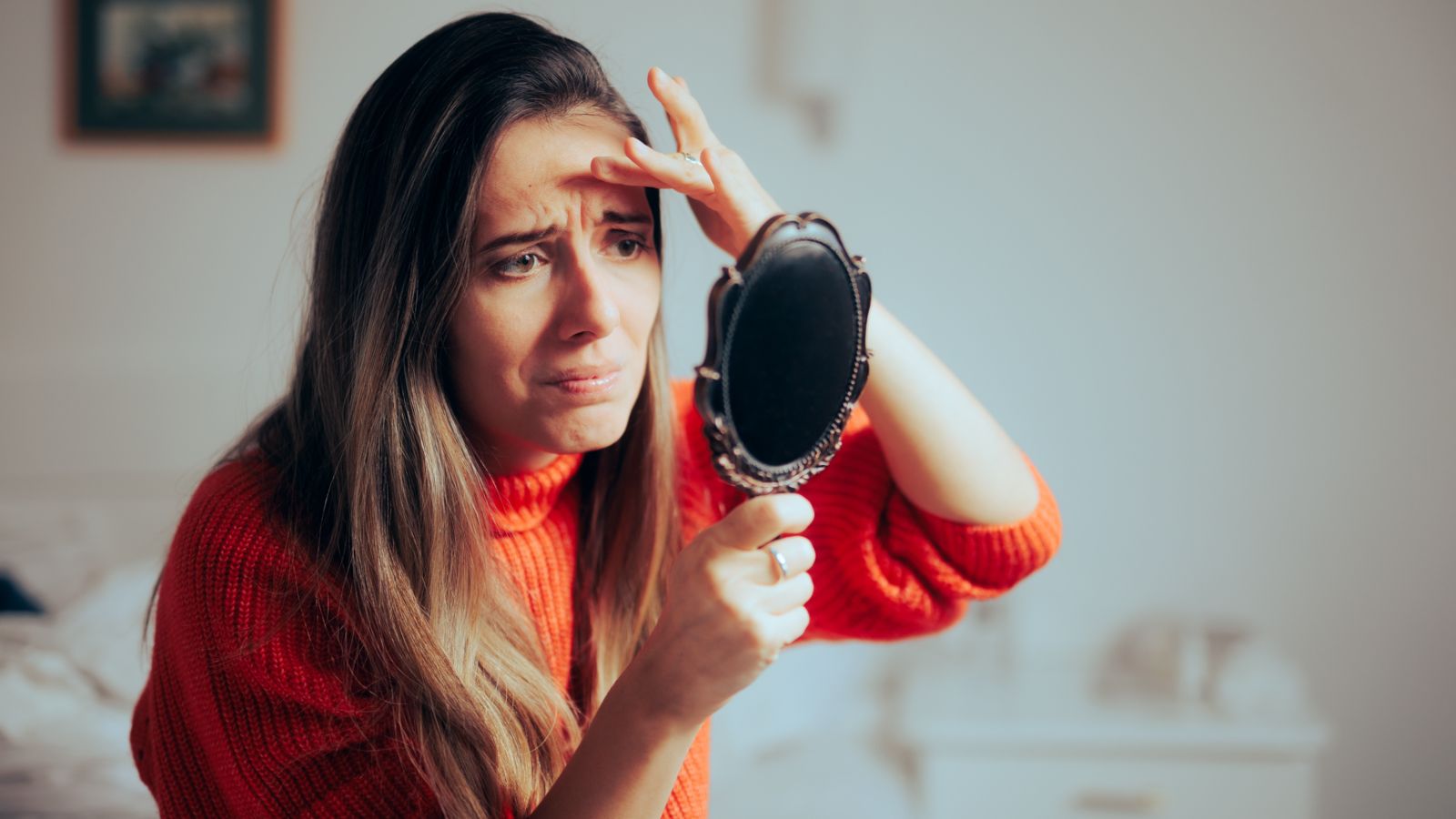Despite significant strides toward gender equality over the years, women continue to face numerous challenges and injustices in society. The journey toward true fairness and respect is ongoing, and many outdated attitudes and expectations still persist. This article explores some of the common issues that women are increasingly frustrated with today.
The Balancing Act of Work and Home

Gallup News reports that women often carry the burden of managing both home and career, regardless of their job status and income. Even women who make more or the same amount of money as their husbands usually do as much or even more housework in the home.
The Demand for Perfection

Women are expected to be perfect in everything they do, from hosting parties to cooking and keeping the house. They are often criticized if they’re not always happy or if they make different lifestyle choices than what others expect. Those who speak up for themselves are often described as abrasive or bossy.
Relationship Expectations

Society often expects women to put their relationships before their own dreams and goals. They are supposed to always look good for their partners and be more willing to change or compromise in the relationship. For the longest time, women who stayed single were seen as pariahs and unfulfilled.
Education and Intelligence

When women try to get an education or work in the fields of science, math, medicine, or engineering, people often don’t believe in them. They face many challenges in school and work and are sometimes told they shouldn’t act too smart to remain feminine.
Aging Gracefully

Women are judged more harshly than men for showing signs of aging. There is a lot of pressure to use products that make them look younger. Vantage Market Research reports that the anti-aging industry is expected to hit over £75 billion by 2030, and most of this spending is expected to come from women.
Mental Health Stigmas

Women often face harsh judgments when dealing with mental health issues. Many feel they must handle their problems quietly, without complaining. Studies show that women may not seek help for mental health issues due to fear of being judged. Additionally, women are criticized more than men when they show signs of emotional distress.
The Fitness Frenzy

The fitness standards set for women are sometimes unrealistic and unhealthy. There is a strong focus on maintaining certain body types, which only a small percentage of the population naturally possesses. Women are often criticized for their fitness routines, and fitness is frequently linked directly to beauty standards, adding extra pressure.
The Single Woman Stigma

Single women often deal with unfair stereotypes and scrutiny. Society sometimes views them as incomplete or unhappy, with over 50% of singles reporting feeling pressured by others to find a partner. Many also face judgments about their independence and self-sufficiency from people who think that these traits are undesirable.
Double Standards in Parenting

Women are often judged more harshly than men when it comes to parenting. Mothers often face criticism in public for their parenting decisions, whereas fathers receive praise for doing the bare minimum. In most cultures, women are expected to be the primary caregivers, a standard that does not equally apply to men.
Unrealistic Beauty Standards

Women often face pressure to meet impossible beauty ideals. Unlike men, women have to go through so much to look perfect all the time. They are pressured to have flawless skin, luscious hair, a specific body type, and look young forever. Businesses make billions of dollars from these expectations every year.
Career Expectations vs. Reality

Many women feel they must exceed expectations just to be considered equal in the workplace. These expectations ignore the fact that women have to go through so many hurdles in their day-to-day lives. These include menstruation, pregnancy, menopause, and segregation in the workplace.
The Wage Gap Issue

According to Forbes, women make 16% less than men. Despite progress, the wage gap between genders persists, affecting women’s financial independence. In many cases, women will do the same or even more work and get paid less than men. This gap is worsened by lower access to education and training for women.
Maternal Pressure

From a young age, women are often taught that motherhood is an inevitable role. Women who choose to stay child-free are often treated unfairly, as they are seen as incomplete. This is even worse for women who don’t have power in the decision to have children, such as those who are infertile.
Political Representation

Women remain underrepresented and often scrutinized differently in politics. Instead of focusing on their policies, women are usually critiqued for unimportant things like their looks and their abilities. Male politicians rarely have this problem and are usually voted for based on what they believe in.
Education on Gender Equality

The need for better education on gender equality has never been so critical. There are currently so many misconceptions about feminism and gender roles. Some people think that feminism is here to destroy society, even though that’s the opposite of what it’s trying to achieve.
Cultural and Religious Expectations

Women from different cultural and religious backgrounds often navigate unique pressures. They may face expectations tied closely to their cultural identity, with religion playing a significant role in defining acceptable behaviors. This can make it challenging for women to balance traditional roles with modern life demands, especially in diverse societies.
Emotional Labor Overload

In many families and workplaces, women often take care of others’ feelings and problems. They usually organize family events and solve issues at home. Even at work, people expect them to support their coworkers emotionally. This constant need to be there for everyone can be very tiring.
Body Autonomy and Health

Women’s choices about their own bodies are often controlled by what others think is right. They face criticism over their decisions about having children and what they wear. Many people, especially men, also don’t understand women’s health issues, which leads to more confusion and judgment.
Fashion and Appearance Criticism

No matter what they wear, women are often judged for being too sexy, too prude, or too outdated. People criticize their clothing choices and expect them to always look perfect and up-to-date with fashion. In professional settings, their clothes are sometimes seen as too revealing, even when they’re appropriate.

